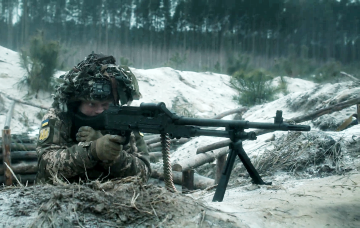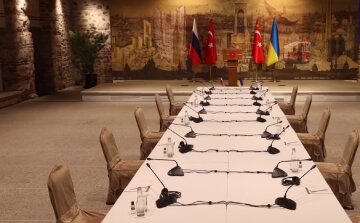Donald Trump, upon his return to the White House, intends to compel Ukraine and Russia to come to the negotiating table.
However, as reported by Newsweek, analysts are divided in their opinions, with most believing that achieving a real peace will be extremely difficult. Fabrice Pottier, former director of political planning at NATO, notes that a peace agreement must be fair to have any chance of long-term success. He emphasizes that Ukraine has already shown its willingness to negotiate, but the Ukrainian people will not accept compromises that do not meet their expectations. In particular, NATO membership for Ukraine is one of the most important security guarantees.

Vladimir Milov, former Deputy Minister of Energy of Russia, believes that a peace agreement is possible due to resource depletion on both sides of the conflict and pressure from the United States. However, he warns that any agreement is likely to be fragile.
"The fundamental cause of the war – Russia's aggressive imperial ambitions aimed at subjugating Ukraine and eliminating its sovereignty – will not disappear after any ceasefire," Milov emphasized.
Kory Shyke from the American Enterprise Institute points out that any agreement made without ongoing support from the U.S. and its allies could be catastrophic for Ukraine. According to him, sanctions against Russian oil are needed to change the game, making the war too costly for the Kremlin.

Charles Kupchan, a senior fellow at the Council on Foreign Relations, believes that while a ceasefire in 2025 is possible, reaching a peace agreement will be challenging. He explained:
"Russia and Ukraine may agree to de-escalate and turn the existing front line into a sort of border. But agreements on broader issues – such as Ukraine's geopolitical orientation and the status of Ukrainian territory occupied by Russia – will be unattainable. The result is likely to be more of a frozen conflict than a solid peace, possibly reminiscent of the situation on the Korean Peninsula.
Source: newsweek.